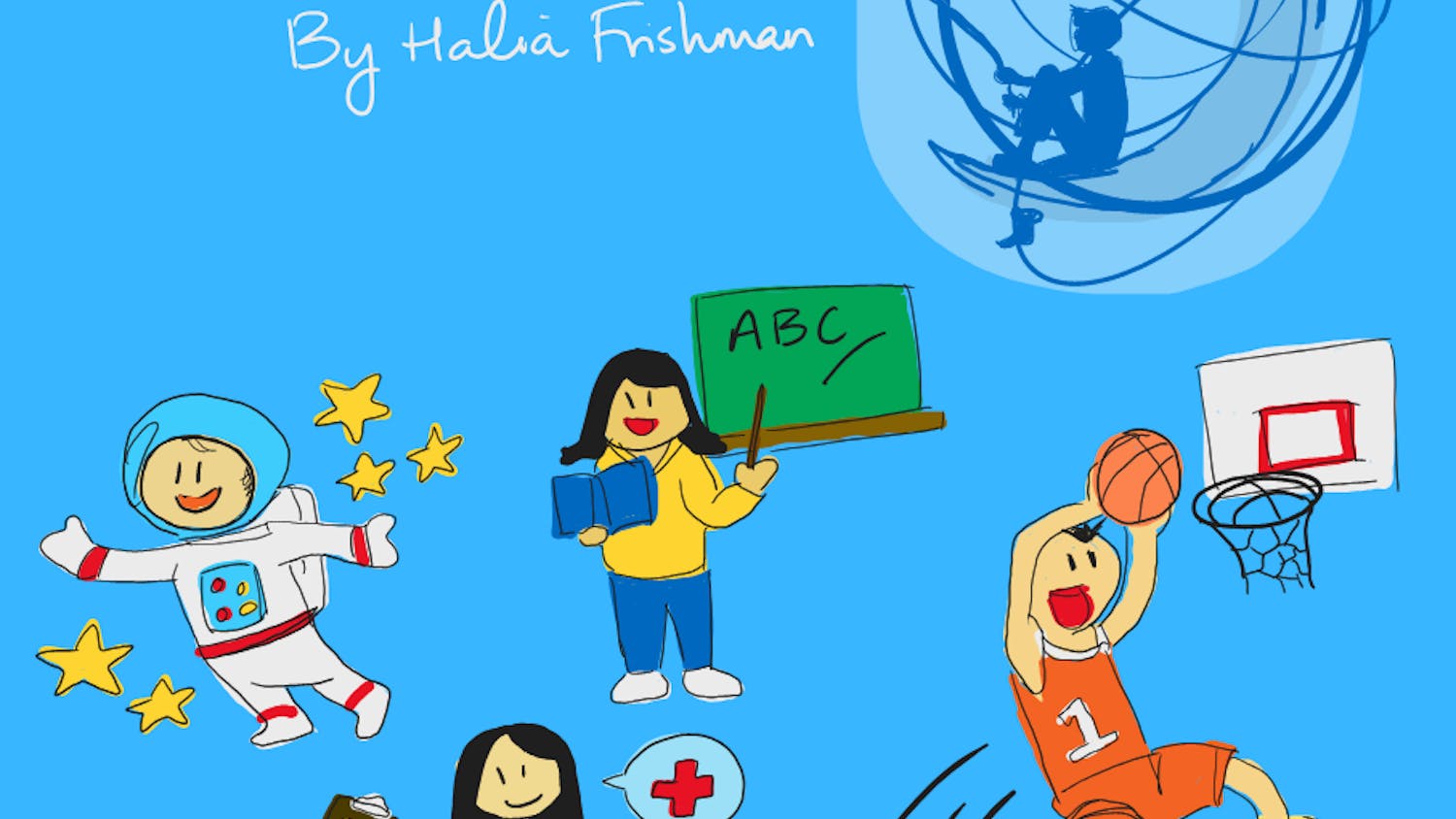Monday marked the first nationally recognized Indigenous Peoples' Day in the United States. For millions of NFL fans like myself, the first thing we did was watch the Kansas City Chiefs lose to the Buffalo Bills just as the clock ticked past midnight on the East Coast.
The Chiefs lost in front of tens of thousands of their home fans at Arrowhead Stadium, many cheering on their team with their infamous “tomahawk chop” chant. As the players walked off the field, they hung their arrowhead-emblazoned helmets in shame from the loss.
I’d wager almost no one in the NFL front office thought twice about putting the Chiefs, whose branding is dyed in the wool with blatant appropriation of Indigenous customs, on the eve of a holiday that celebrates the history and culture of Indigenous people. The Chiefs, as well as the countless other professional and amateur sports teams that use Indigenous culture as mascots, are a persistent reminder that we still do not take seriously how problematic they really are.
Indigenous-derived names and mascots in sports are widespread; the four major North American sports — ice hockey, basketball, football and baseball — include a total of four teams with such names. While these are the most visible, adatabase from the National Congress of American Indians shows over 1,900 K-12 schools have "native 'themed' mascots."
The main argument for continuing to use these images in sports is that these names and mascots are not about anything other than sports, and attempts to change them is just another overreach of the modern wave of political correctness. This viewpoint is shallow and incomplete, much like the stereotypes its defenders hope to propagate.
Indigenous advocacy groups have been calling for an end to the use of images and names that stereotype and appropriate their culture and history since the 1940s. Yet in 2021, even liberal strongholds like Atlanta and Chicago still field professional teams named the Atlanta Braves and the Chicago Blackhawks. The apathy and inaction surrounding this continued use is eerily similar to how the U.S. has treated Indigenous tribes for its entire history: horrifically.
Sports have never been disconnected from America’s larger culture, and what happens on the field, in the stands or on the helmets of players, can have a profound impact on marginalized groups and individuals. Social scientists and psychologists have repeatedly shown the detrimental impact these names and mascots have on Indigenous people, particularly children. Additionally, these stereotypes promote an incomplete and sometimes extremely offensive notion of Indigenous culture and society that does nothing to improve the fraught relationship between tribes and the U.S.
The names and mascots are problematic on their own, but allowing teams to keep them sends an even worse message to Indigenous communities, and it’s one America has been sending them for centuries. Land theft, unequal treaties and repeated national disrespect for indigenous issues is nothing new, but the unwillingness to attempt the bare minimum to rectify our shameful history shows this is about much more than sports.
Indigenous people are not mascots like Buffaloes, Broncos or Bears. They’re Americans and, more importantly, people. Changing the status quo in sports is by no means the whole staircase, but it’s an important step towards respecting those who called Kansas City home before the Chiefs.






